Otoplasty Los Angeles

Length of Surgery – Usually two to three hours.
Anesthesia – Local anesthetic with intravenous sedation or general anesthesia. On the cutting edge and preferred by Dr. Fodor is TIVA, which is a combination of the two. It dimishes bleeding and post-operative nausea.
Recovery – out of bed the first day; some discomfort for a few days; resume normal activities within one week and avoid contact sports for one month.
Scars – Scars behind the ears fade over time.
Ear Pinning Surgery by Leading Los Angeles Plastic Surgeon
Ear surgery, called Otoplasty, is most often carried out to reposition protruding ears closer to the head or less frequently, to reduce the size of large ears. It is, however, possible to reshape the ears.
Ears that are too prominent “stick-out” too far from the head can be the cause of great psychological distress. Since this is most often a hereditary or congenital condition, the ears are generally almost fully formed by age four or five, otoplasty is typically performed on children between the ages of 4 and 14. However, there are no additional risks associated with otoplasty for adults, who may be good candidates for this procedure.
In order to achieve the proper balance of ear pinning surgery, the overall structure of your face and how your ears should be shaped are taken into account. A careful analysis of your ears will be taken to determine the reconstructive techniques needed to help you achieve your goals. Such as the size and shape of the concha (the bowl part of the ear). If the concha is very large, then it will need to be reduced. For some, reshaping of the concha is necessary to create a natural fold in the ear. This could include reshaping of the cartilage in this area and possibly the removal of excess skin.
Other surgical techniques that may be necessary for an aesthetically pleasing otoplasty could include reshaping of the earlobes.

DOUBLE BOARD CERTIFIED
Dr. Fodor is certified by the American Board of Plastic Surgery and the American Board of Surgery.
AUTHORITY
Dr. Fodor is a known as a leader in plastic surgery. He is a past president of the Lipoplasty Society of North America and a past president of the American Society for Aesthetic Plastic Surgery.
In addition to serving as a Clinical Professor of Plastic Surgery at UCLA, Dr. Fodor has been in leadership positions of numerous plastic surgery organizations including the Inernational Society of Aesthetic Plastic Surgery, the American Society for Aesthetic Plastic Surgery, and the Los Angeles Society of Plastic Surgeons.
EXPERIENCE
Dr. Fodor pioneered or contributed significantly to the development of all modern liposuction techniques such as VASER, Power Assisted Suction, Superficial Liposuction, . . . These is documented in dozens of liposuction related medical articles he published in peer reviewed journals. You can access his CV on the website.
EXPERTISE
Widely recognized by the national and international Plastic Surgery community as a Lipoplasty educator through his contributions at medical conferences and live surgical demonstrations.
Your Favorite Version of You Begins Here
Call today to schedule your confidential consultation with Dr. Peter Fodor to discuss your cosmetic goals.
